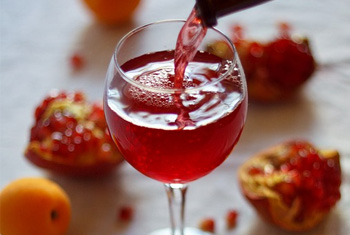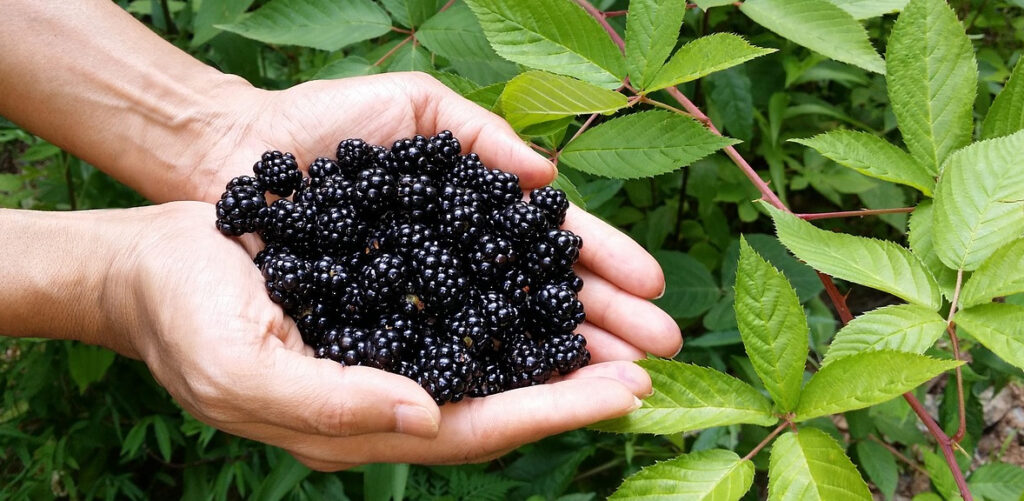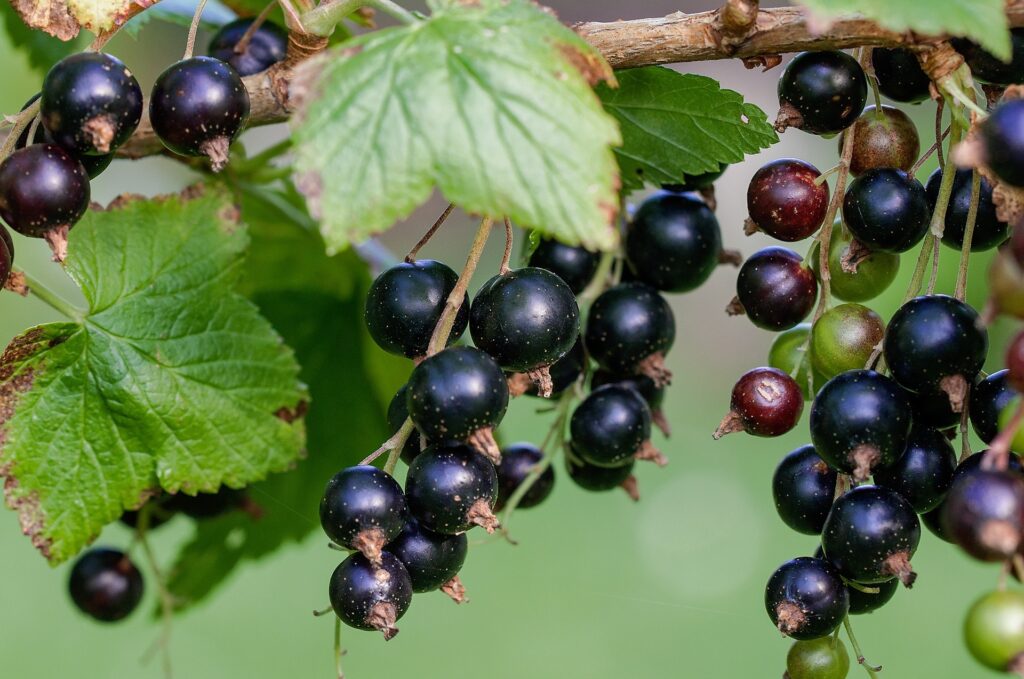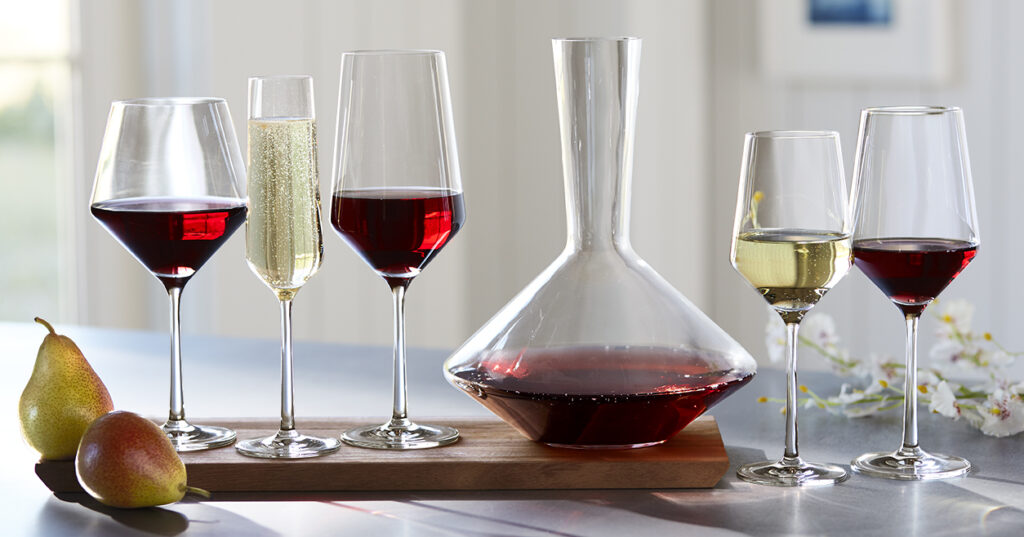
Non-grape wines don’t have the best reputation in the world of vino. Old-fashioned elderberry, apple, peach and huckleberry wines have nearly vanished.
Critics have complained that fruit wines are too sugary and low in quality, not suitable for wine aficionados. Non-grape wines have matured over the years to appeal to more sophisticated palettes, and they are now available in dry, semi-dry and semi-sweet varieties. They’re also winning medals at major wine competitions.
So are fruit wines worth your time? We spoke with two experts to help you decide.

Why fruit wines are worth considering, even for sophisticated palates
Meet two oenophiles who believe more sophisticated drinkers ought to give fruit wines a try. Eric Gorman is owner and winemaker at White Silo Farm & Winery, which produces small-batch fruit wines from fresh blackberries, black currant, raspberries and rhubarb. Todd Spencer is the editor of cherrywine.com. He launched the website in 2008 to offer consumers a place to learn about non-grape wines and order them via direct shipment. Both agree it’s time to revisit common stereotypes about fruit wines.
Many knowledgeable wine consumers tend to think all fruit wines taste like pie in a glass, Spencer propounds. The reality is that winemakers use an array of fruits, blends and techniques to develop unique, interesting flavors. Some fruit wines are even oaked and aged.
“Fruit wine is a lot more complex and fun than a lot of wine lovers realize,” says Spencer. “You have some exploring to do with fruit wine the same as with grape wines.”
Gorman produces wines made from berries that grow on his family’s farm and he uses a nearly identical process to make both his fruit and grape wines.
“Fruit wines are sometimes viewed as second class,” says Gorman. “Many people think that fruit wines are very sweet and taste like grape juice. There are plenty of sweet fruit wines, but there are also many dry varieties. Some of them even taste a lot like grape wines.”

Start with fruit wines that are similar to grape wines
Many of Gorman’s customers mistake his rhubarb wine for a grape wine. Its dry, crisp and light characteristics are reminiscence of Sauvignon Blanc, and it’s best paired with pasta, fish, veal and chicken.
“Our rhubarb wines outsell all of our other wines by two to one,” says Gorman.
Black currant is another fruit wine that has similar qualities to grape wine. The spice of black currant creates a dry, full-bodied wine with a long finish. Gorman says it equates to an acidic, young grape wine and pairs well with hearty meals.

Appreciate the differences and be adventurous
Fruit wines do more than just mimic conventional reds and whites. They offer the opportunity to treat your taste buds to something new. The seasonal nature of fruit wines sets them apart from grape varietals, Spencer says. He gives the example of savoring a chilled glass of raspberry, mango or strawberry wine in summer. Then, move on to apple and pumpkin wines in fall and fruit ports in winter. If you are creating festive mixed drinks, consider delicious cocktail cherries to garnish with.
“Fruit wine resonates and offers a connectedness,” says Spencer. “It helps to make you feel in tune with the season, and perhaps even the local agriculture happening around you. I think a lot of wine drinkers like and appreciate fruit and how it can be artfully carried through the winemaking process.”
Gorman says his blackberry and raspberry wines have distinct flavors, which he can’t compare to grape wines. His dry blackberry wine is full-bodied with hints of the fruit’s acidic, jammy and peppery profile.It pairs well with pork and duck. You’ll find a recognizable flavor of raspberry in the semi-sweet wine and semi-dry bubbly that Gorman makes with the fruit. By contrast, White Silo’s dry raspberry wine has more delicate aromas.
“The fruit wines have a nice finish, body and legs,” says Gorman. “One thing that is really nice on most fruit wines is the floral nose. People who have an open mind and who are willing to try the fruit wines are usually quite surprised by how good they are.”
About the author: Porcshe N. Moran is a freelance lifestyle journalist and blogger. She loves all things food, wine and travel. Check out her website at www.pnmmedia.com.
Well written. Good article to a very underrated topic in the wine world.
– Michael